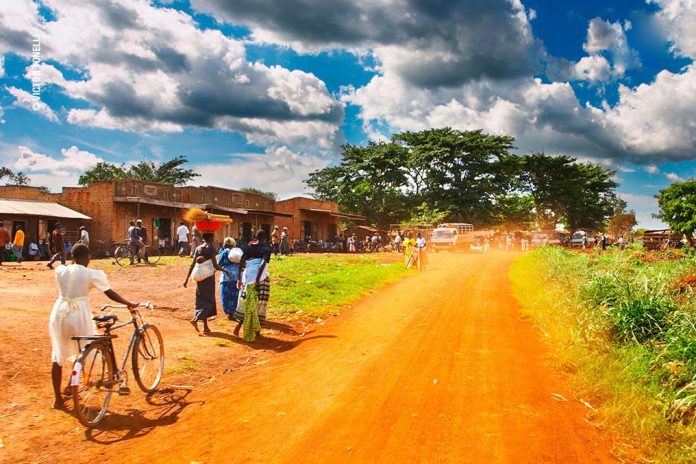Since October 14, 2019, new mayors from the first local elections in the history of Togo have taken office. The first experience of decentralization with a set of challenges for the country’s communal elected officials. These challenges include mastering this new concept of local governance, transferring competencies, municipal services, mobilizing resources, and involving citizens in the management of local affairs.
Most communes have great needs in terms of social services, urban infrastructure and roads, and logistics. Elected officials are in great demand in a wide variety of areas. However, they are often deprived of the skills to meet their obligations. After a year in office, the task is immense, as Florence Yawa Kouigan concedes. She heads the town hall of Atakpamé, the fifth largest city in Togo in terms of population. And for her, it is necessary “to lay solid foundations… To put at the service of the objectives of decentralization, a municipal administration worthy of the name and to act on the level of citizen participation; to make each citizen feel involved, each person feels that he or she is an interlocutor of the public authorities”.
Togo has been engaged in the decentralization process for a decade with quite diverse causes and challenges. The objective is to arrive at a different way of managing public affairs, to promote closer ties between the population and their elected officials and in the decision-making process and local development.
A decentralization process that is moving forward despite the difficulties
The Togolese government periodically accompanies the local authorities. At the beginning of September, a 4.5 million euro package for the country’s 117 municipalities was announced. According to Pascal Edoh Agbove, an expert in decentralization and local development, this support is still insufficient. He notes that after the local elections, the government could have set up a program to strengthen the capacity of its elected officials to enable them to do their job better…. “There are difficulties in terms of the transfer of financial and material resources because according to the law; after local elections, the state should normally provide elected officials with the material, human and financial resources to enable them to carry out their mission properly”.
In terms of state intervention in the accompaniment of communes; the state can constitute itself as a moral authority, affirms Yawa Kouigan. “If the state does not directly mobilize resources, it can serve as a moral guarantor. I think that if a commune wants to equip itself or to make a montage or to make a montage that allows it to mobilize funds; the State can intervene at that moment to act as a guarantor because it has decided to accompany”.
The beginnings of this new form of local government governance can be opened up to the outside world. For Pascal Edoh Agbove, it can benefit from bilateral and multilateral cooperation. Local authorities resulting from decentralization can benefit from the support of their foreign counterparts in order to learn from their experiences. This support can also be extended to other non-state actors, he adds.
Source: Africanews

